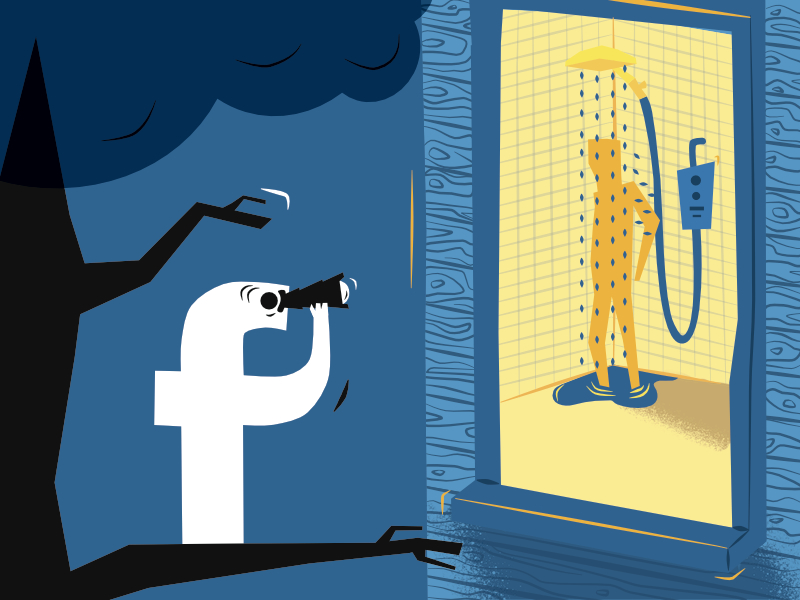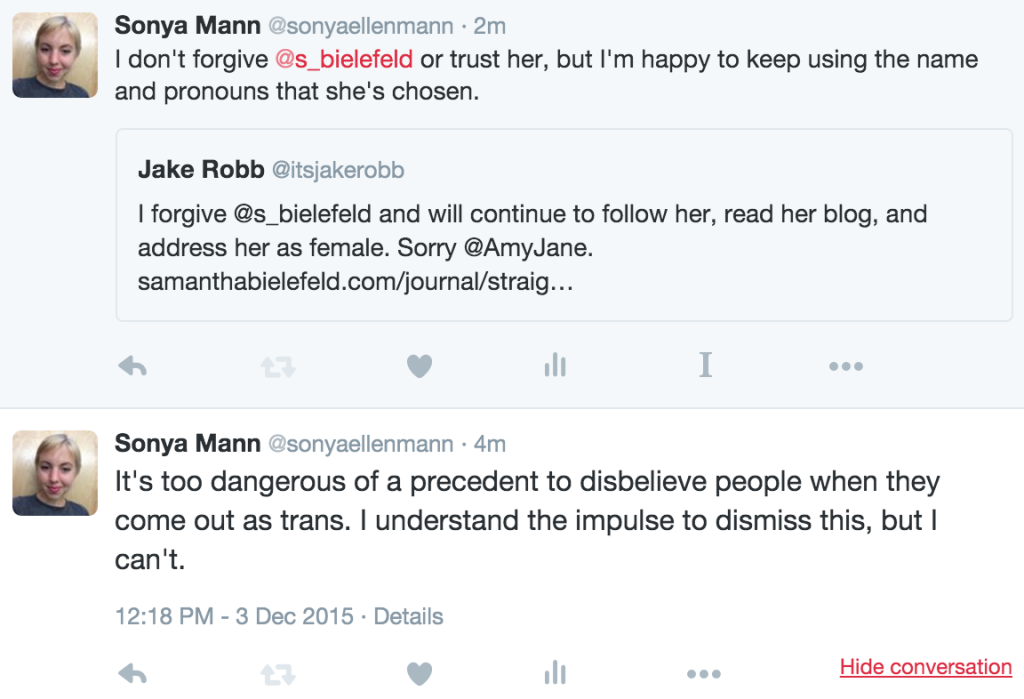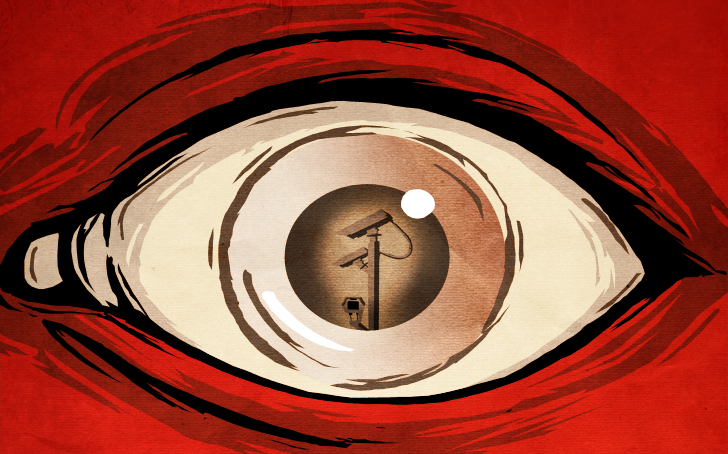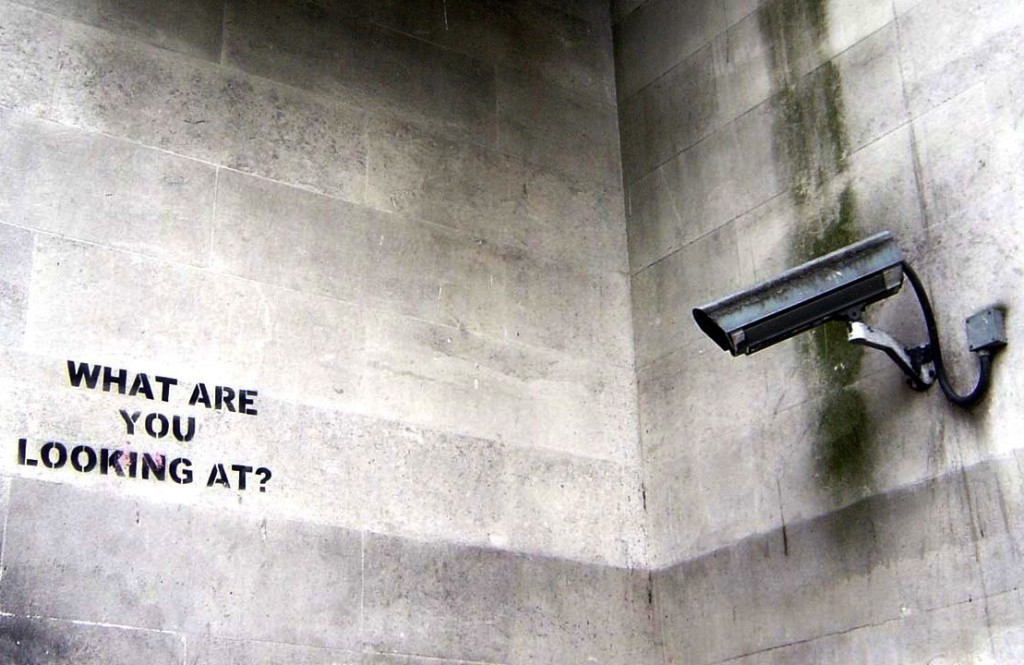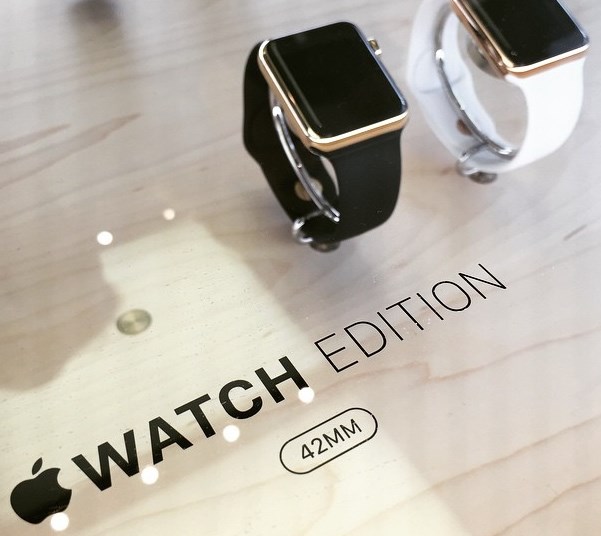Hello! Thank you for listening to me speak about privacy and cryptocurrency adoption at the MIT Business of Blockchain conference. Sorry for the talk being billed as “The Path to Adoption: 3 Types of Product-Market Fit” and then being messier and more tentative than that.
Here are the links to references:
- How does Zcash work?
- zkp.science — all about zero-knowledge proofs
- What the Zcash Foundation has been doing
- What the Electric Coin Company has been doing
- How both organizations are funded: 1, 2, 3
- David Friedman on the importance of privacy
- Let’s Encrypt: “Looking Forward to 2019” and general stats
- Evolution of the human eye
- Germany’s reaction to Google Street View when it debuted there in 2010
- Trusted third parties? Yep, they are security holes
- Paul Graham and Marc Andreessen on product-market fit (the Andreessen post is better)
- “If I’d asked people what they wanted, they would have asked for a better horse” — Henry Ford (possibly apocryphal)
- The World Bank’s Global Financial Inclusion Database: “Account ownership at a financial institution or with a mobile-money-service provider (% of population ages 15+)”
- India’s demonetization of certain banknotes in 2016
- Bitcoin Optech newsletter
- Nathan Wilcox’s Twitter thread about direct-versus-emergent and local-versus-global properties — and Tony Sheng’s 2×2 inspired by it
I owe a general hat-tip to Josh Swihart from the Electric Coin Company, whose go-to-market blog posts shaped how I think about cryptocurrency adoption trajectories. Read them here and here.
I wrote a full script for the talk, and I’ll probably turn it into a blog post on the Zcash Foundation’s website at some point. Right now it is… not super polished.
If you want to discuss any of these topics, hit me up! (Or if you want to see the rough script.) I’m @sonyaellenmann on Twitter, or you can email sonya@zfnd.org.
Obligatory CTA: Please subscribe to the Zcash Foundation newsletter. And my personal newsletter. Heck, send me your private keys. (That’s the Crypto Twitter version of a firstborn child, right?)
